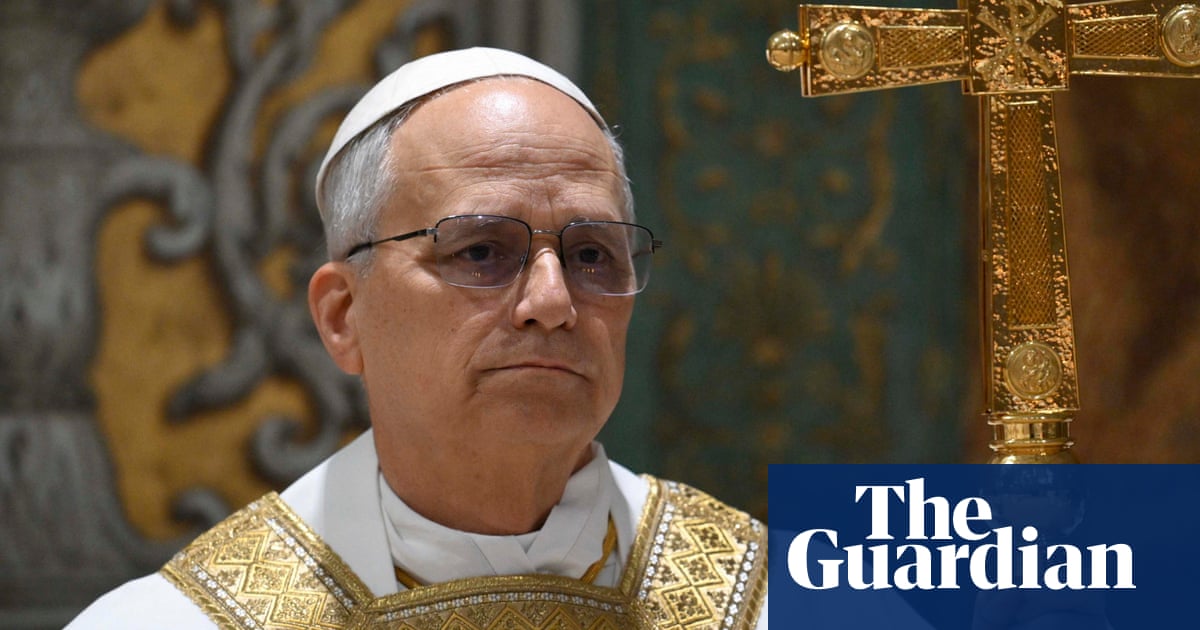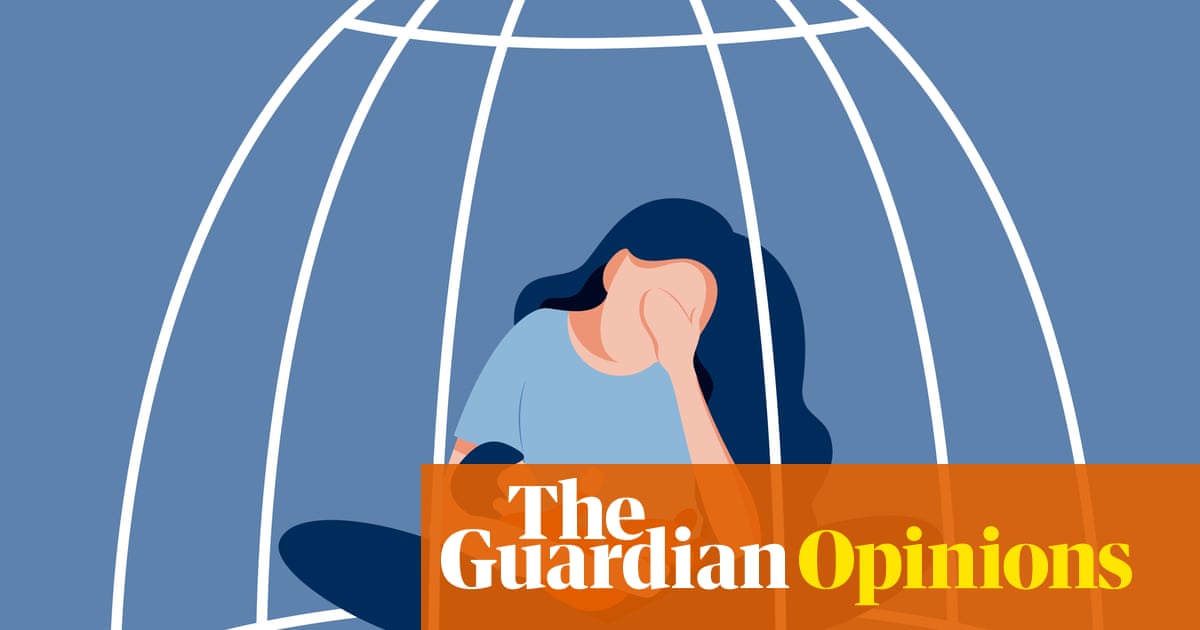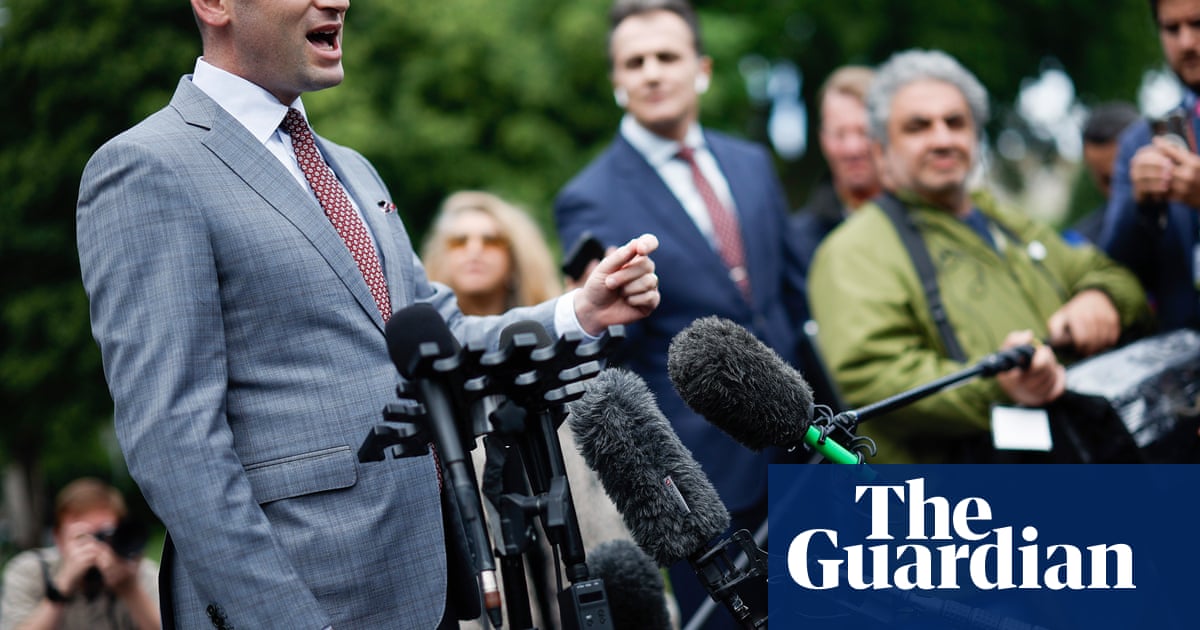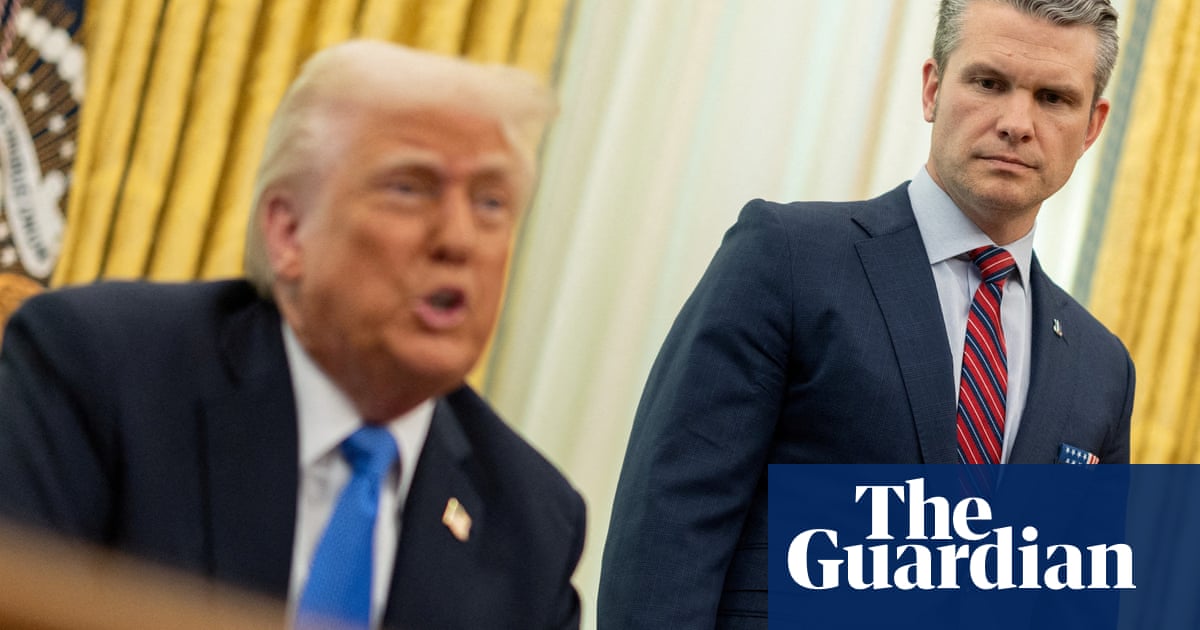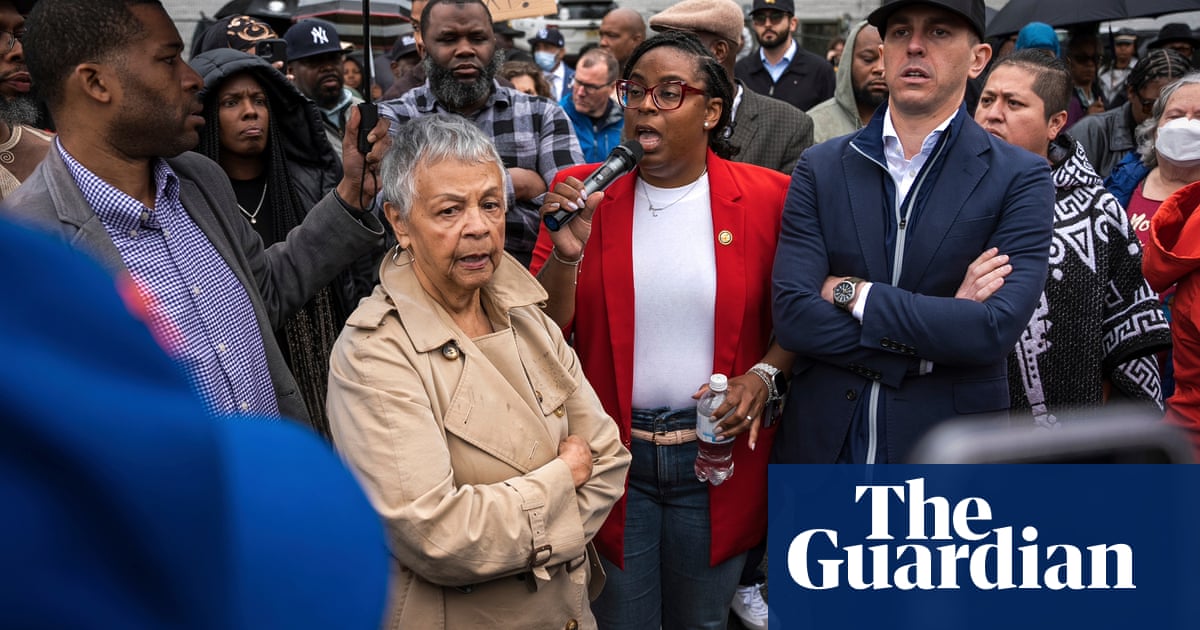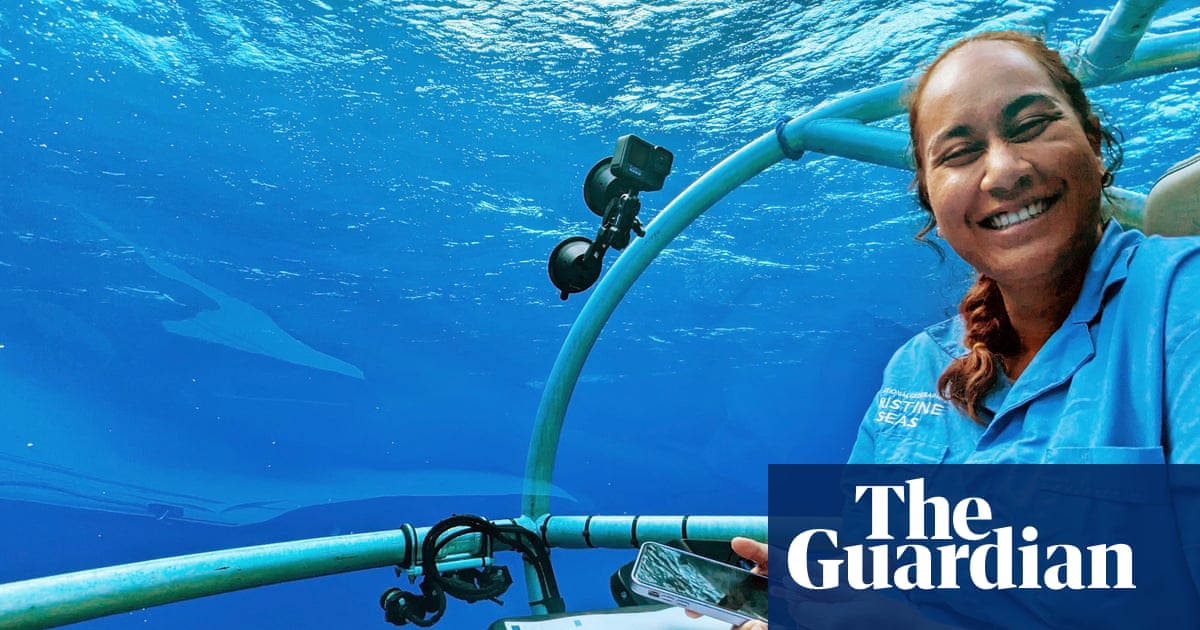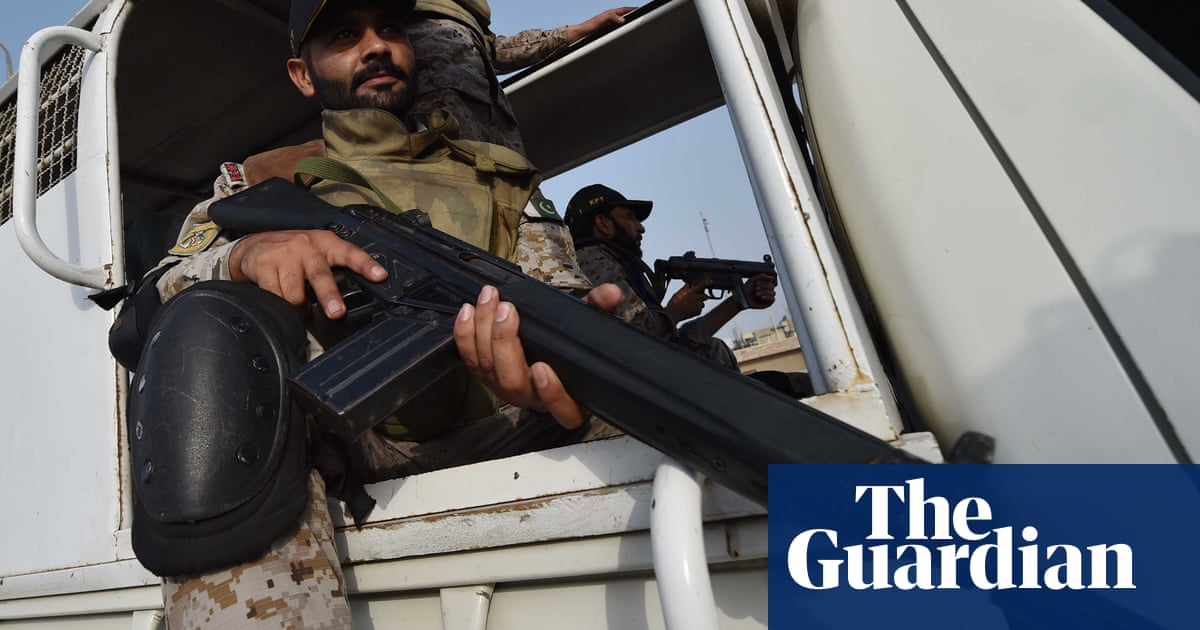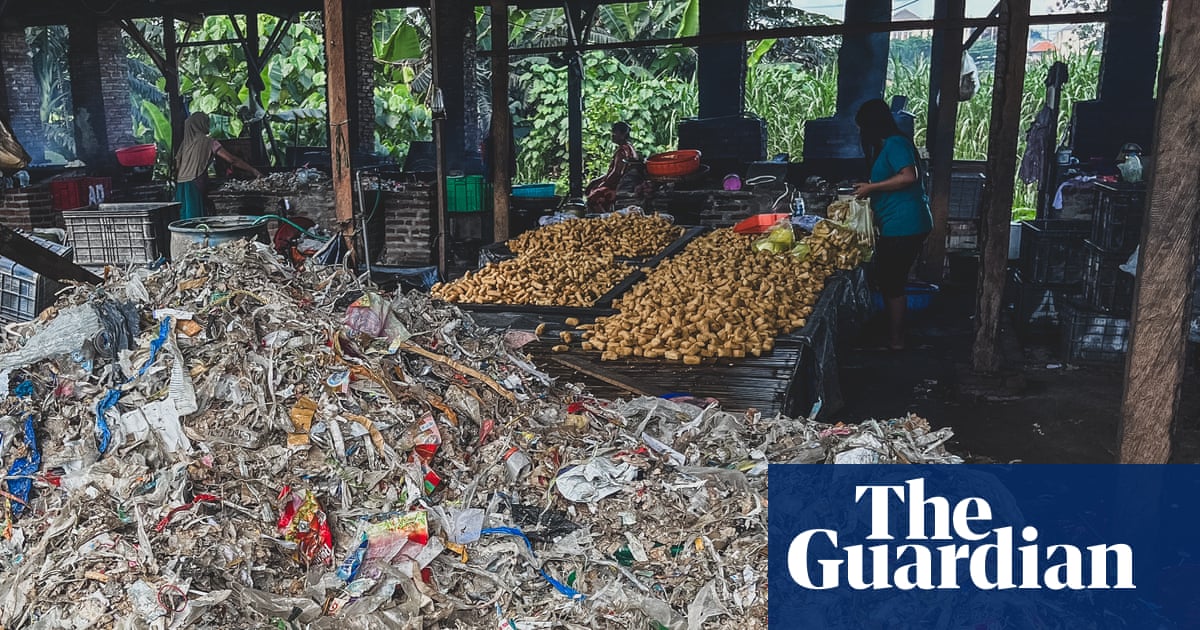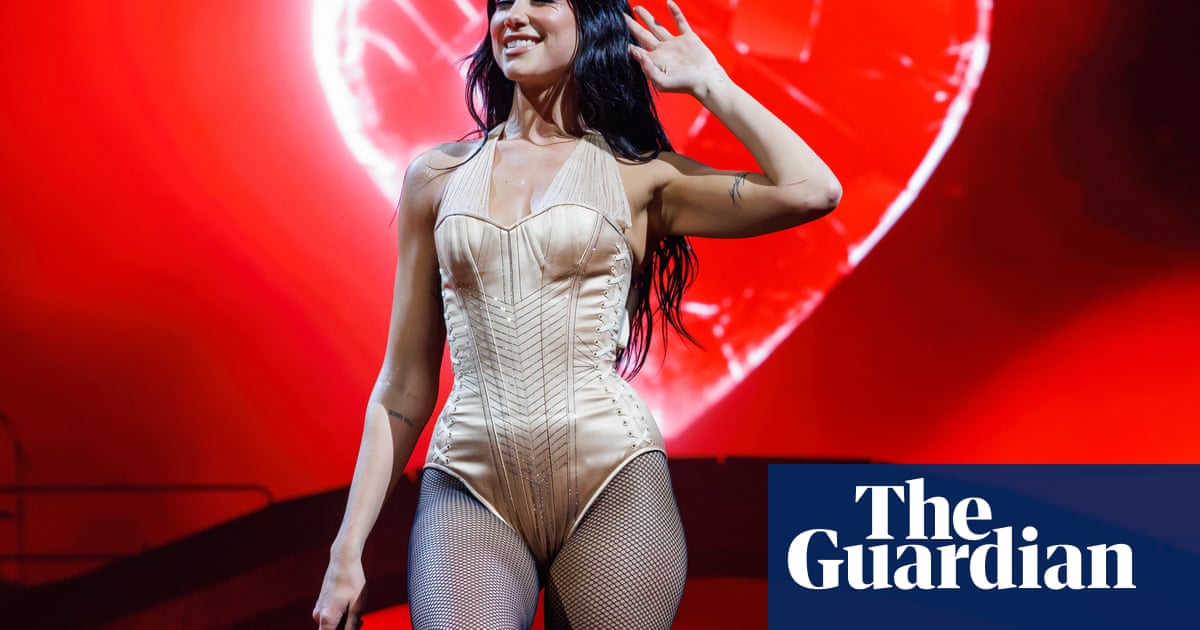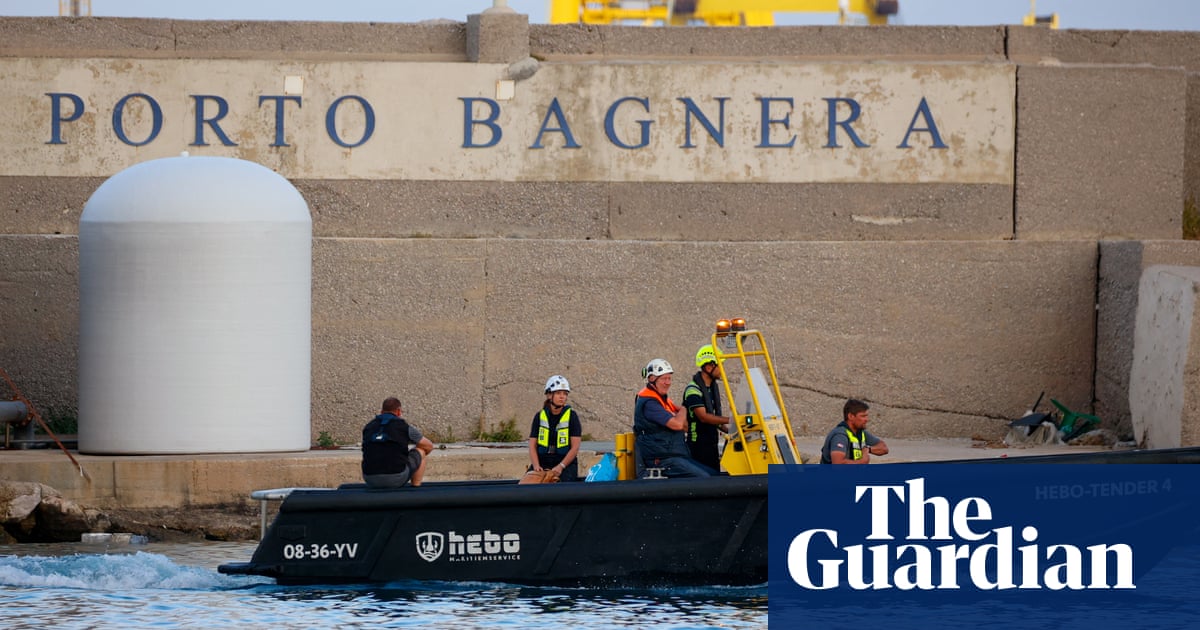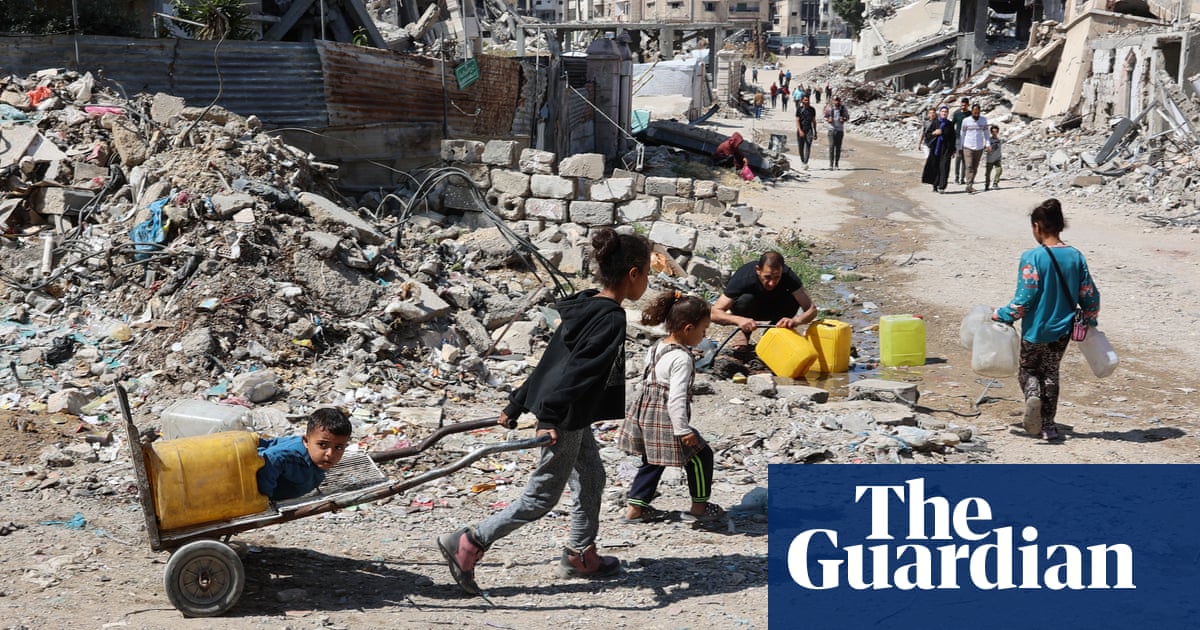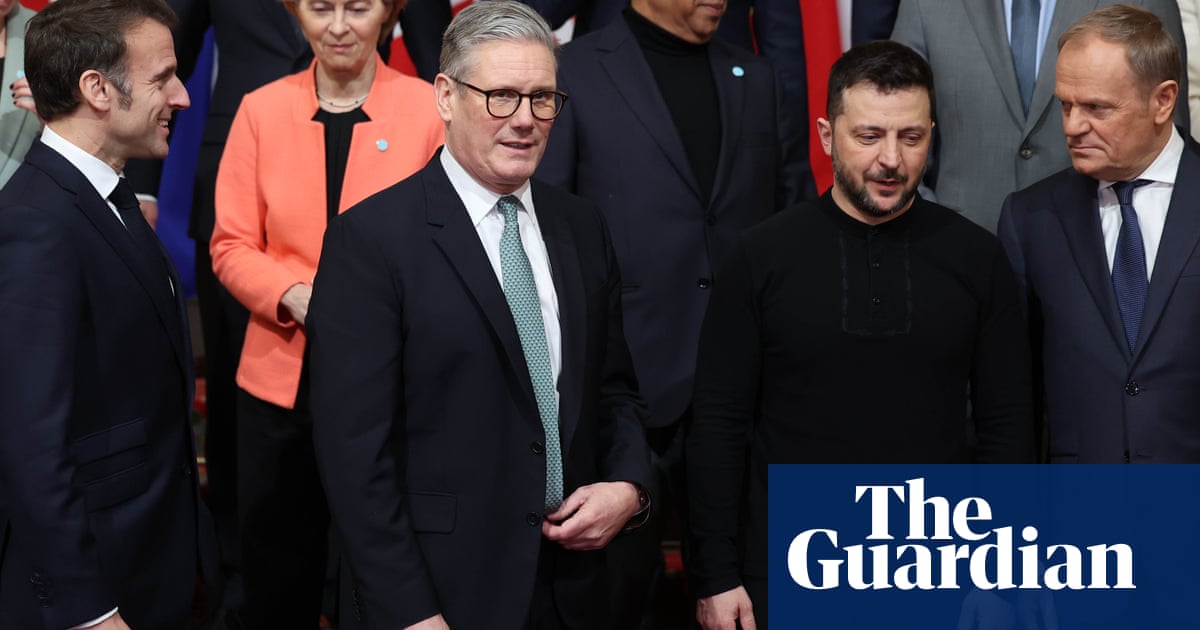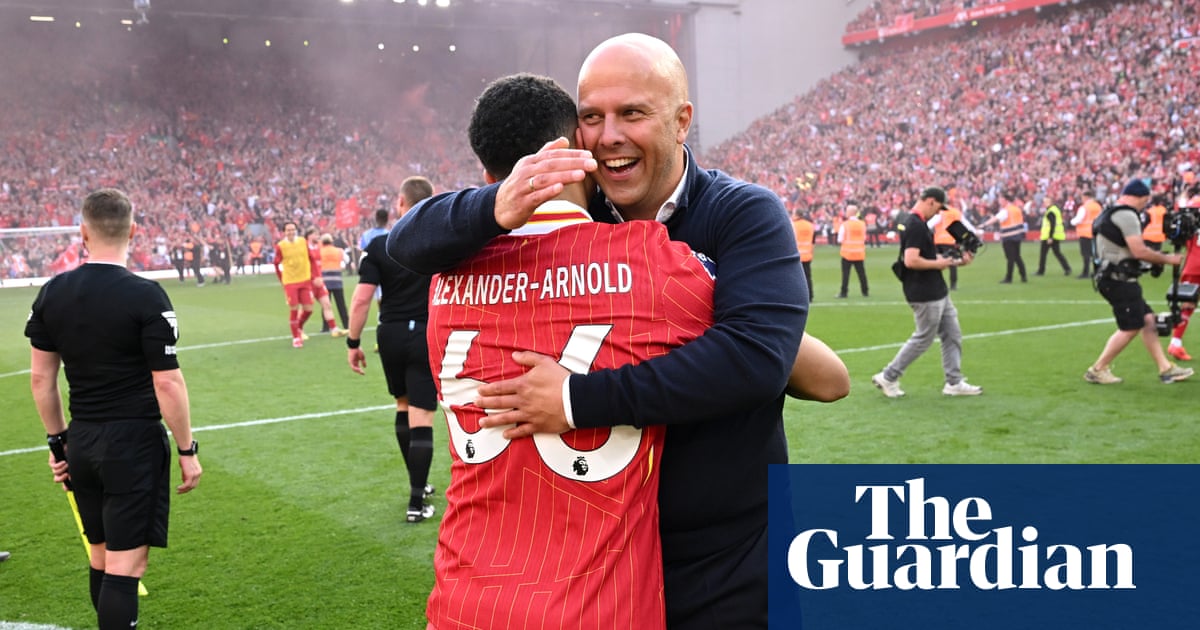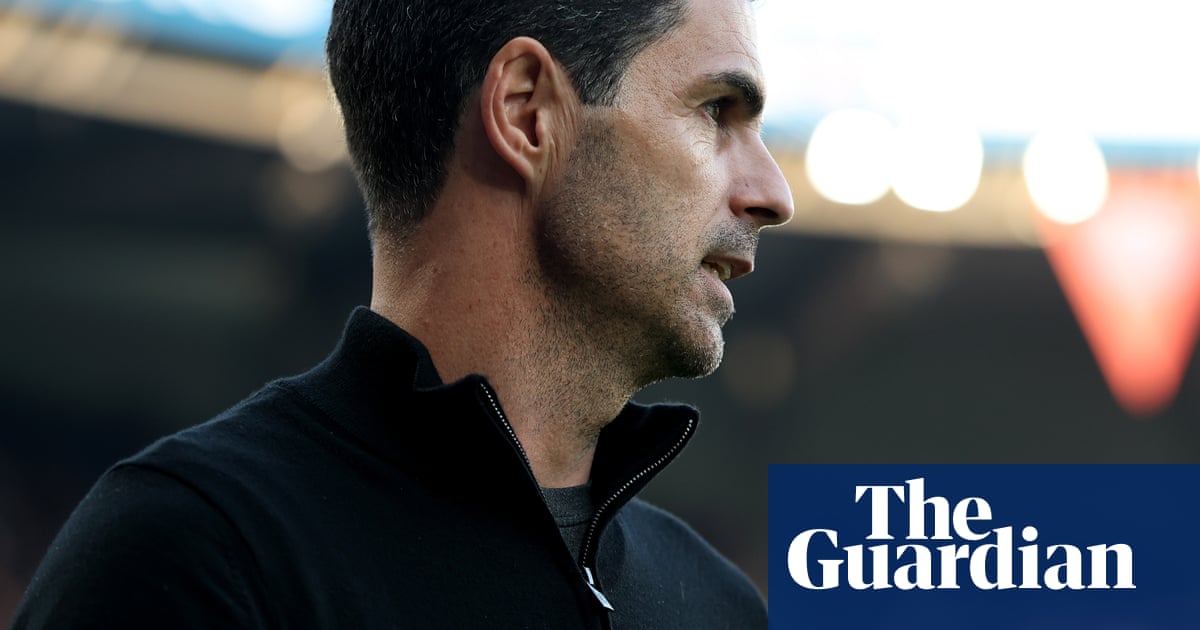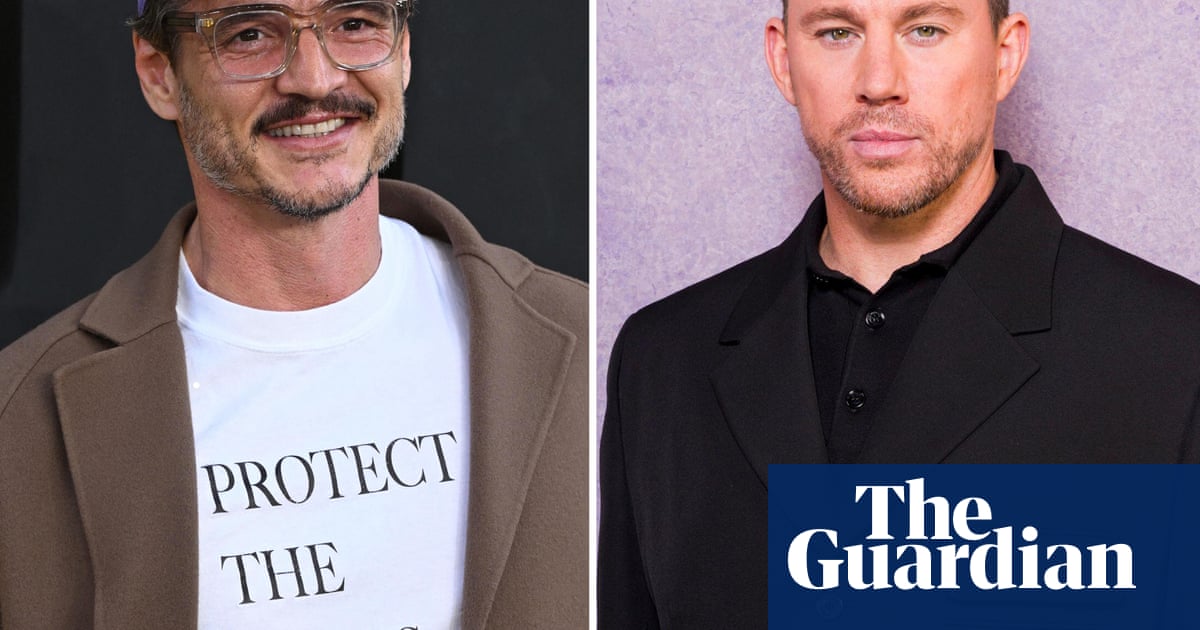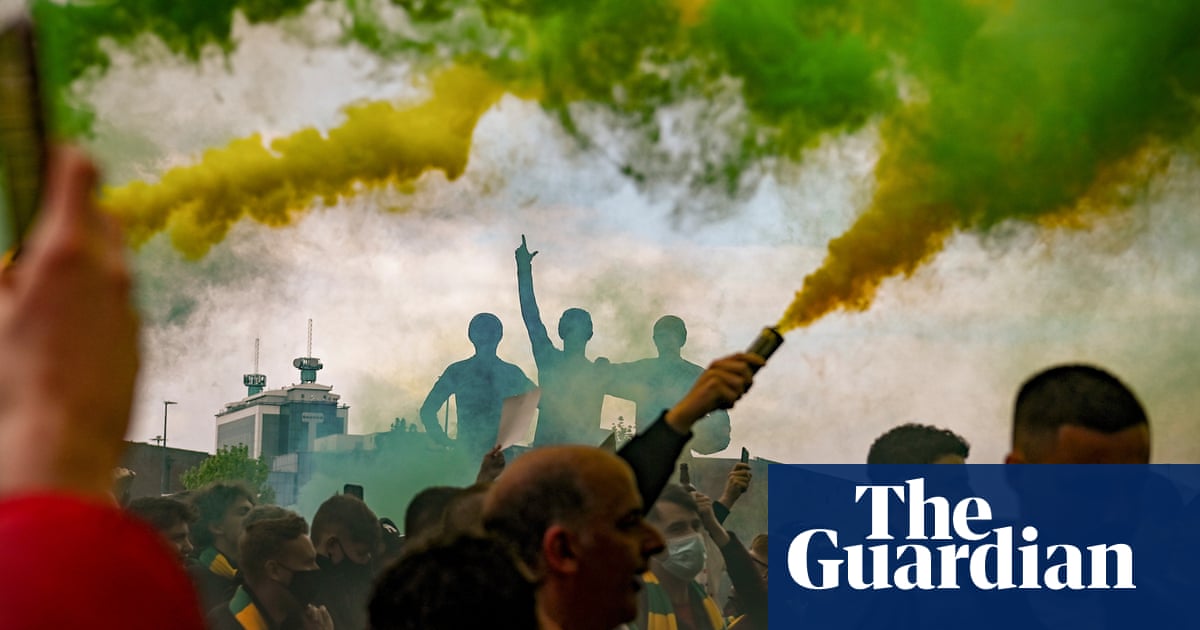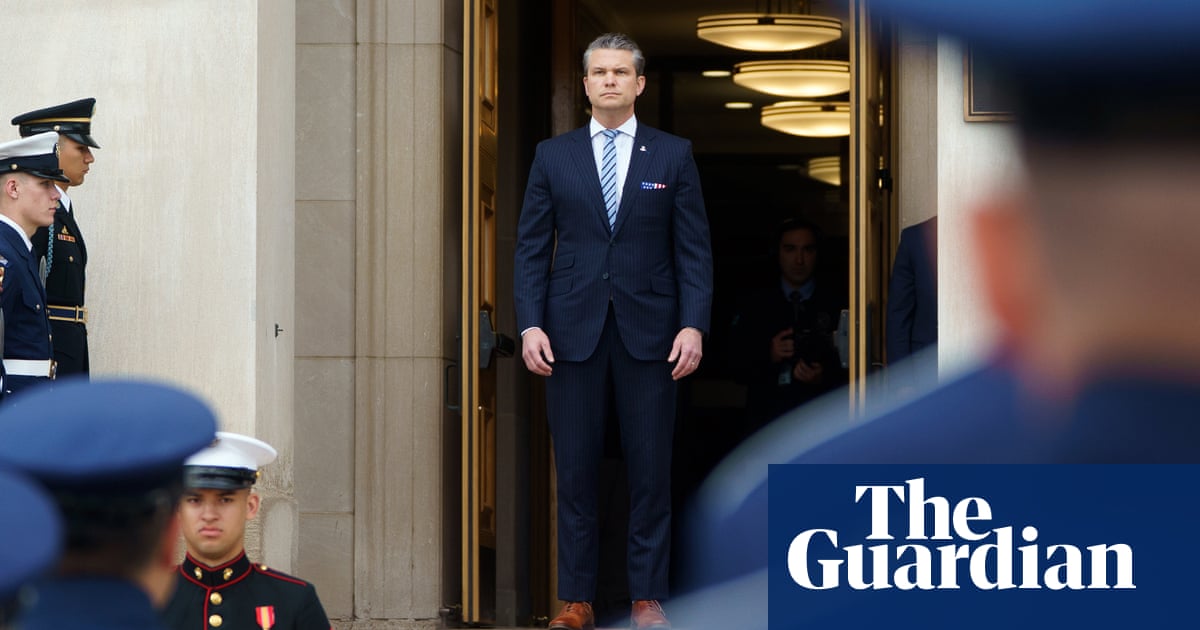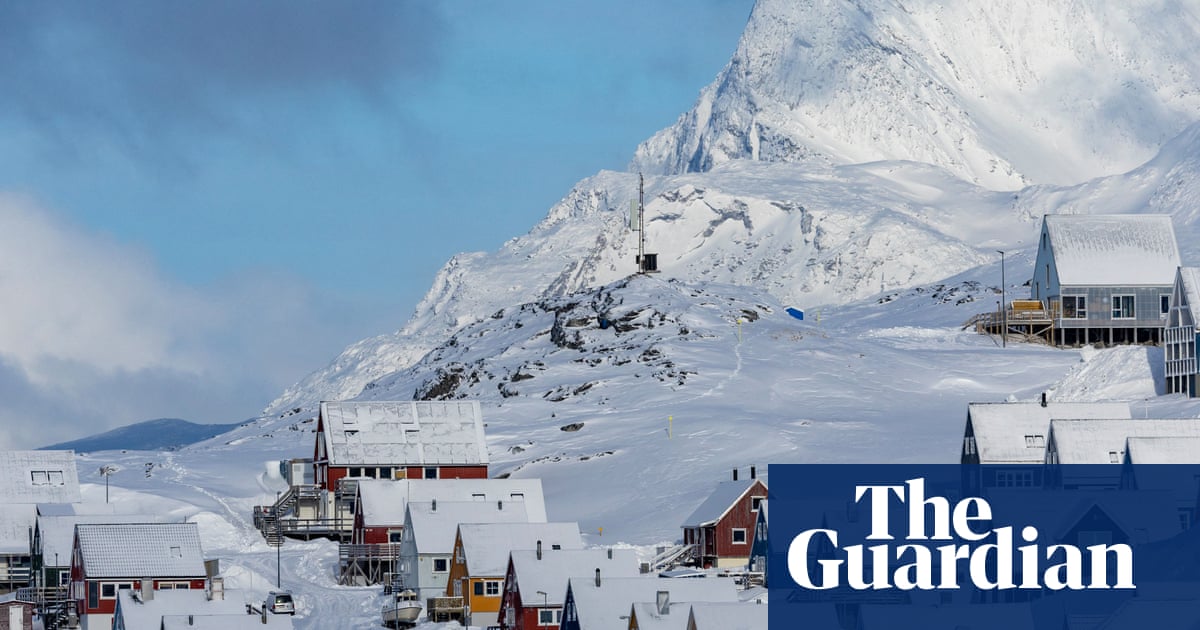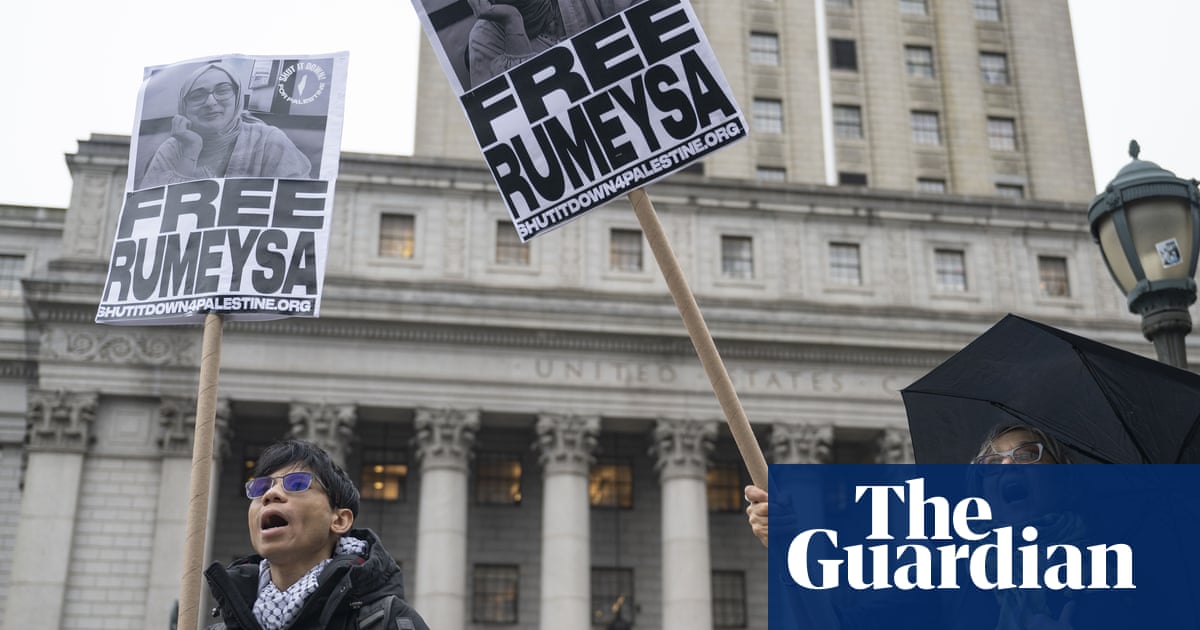Vladimir Putin has ordered the revival of the Soviet-era alternative to the Eurovision song contest after Russia was banned from participating in the competition.
The Russian leader signed a decree on Monday instructing officials to revive the Intervision song contest in Moscow this year with the aim of “developing international cultural and humanitarian cooperation”.
The presidential envoy Mikhail Shvydkoi previously stated that “almost 20 countries” had agreed to participate, including Brazil, Cuba, India, China and other “friendly” nations. Shvydkoi said the competition would take place in autumn.
Russia was banned from competing in Eurovision in 2022 after its invasion of Ukraine.
Russia’s national broadcasters subsequently suspended their memberships of the European Broadcasting Union, which organises the show, preventing them from taking part in future contests.
Putin appointed several senior officials to organise the Intervision competition, including the deputy prime minister, Dmitry Chernyshenko, who was named as the head of the organising committee.
Launched under the former Soviet leader Leonid Brezhnev, the original Intervision contest was held sporadically from the 1960s to the 1980s as the eastern bloc’s response to Eurovision. The contest, held in Poland and what was then Czechoslovakia, also drew participation from non-European countries, including Moscow’s communist allies such as Cuba. It was widely viewed as a symbol of openness after the Soviet dictator Joseph Stalin’s death and celebrated artistic traditions across the bloc.
Finland, which sought to maintain neutrality during the cold war, was one of the few countries to participate in Eurovision and Intervision by entering artists in each competition.
Russia first competed in Eurovision in 1994, just a few years after the fall of the Soviet Union, marking the beginning of a long and complex relationship with the competition.
Throughout the 2000s, Eurovision became one of the country’s most highly anticipated events, with Moscow frequently sending some of its biggest stars.
The singer Dima Bilan remains Russia’s only Eurovision winner, claiming victory in 2008 with his song Believe. The following year, Moscow hosted the competition in grand style, spending a reported $42m, making it the most expensive Eurovision to date.
But as Russia took an increasingly conservative turn under Putin’s rule, criticism grew over the famously flamboyant competition, which often celebrates LGBTQ+ themes and performers, with officials in Moscow frequently criticising the contents for undermining “traditional family values.”
The Russian senator Liliya Gumerova told local media the Intervision contest would be a “chance to promote real music” and “not fake values that are alien to any normal person”, condemning Eurovision for including performers such as the Austrian drag performer Conchita Wurst.
According to documents seen by Reuters, Intervision will strike a conservative tone, with artists urged to emphasise respect for “traditional universal, spiritual and family values”.
“Artists may not perform songs that call for violence, humiliate the honour and dignity of society, and it is required that political themes in the lyrics are completely excluded,” one of the Russian planning documents stipulated.
“The contest will be open for participation of all countries that wish to do so,” the documents added, and participants must “respect cultural, ethical and religious traditions of other peoples of the world”.
Reuters reported performers would have up to four minutes to sing their song live in whatever language they chose. The winner would go on tour and receive prize money.
Last November, Putin said in an interview that he personally discussed the idea of organising a rival to Eurovision with the Chinese president, Xi Jinping. “Our Chinese friends supported it and picked it up. We’ll see what comes of it,” Putin told a Russian reporter.
Some observers questioned the viability of Intervision, given Russia’s previous failed attempts to organise large-scale events without western involvement.
Last year, Putin suspended plans to host the previously announced Friendship Games, a large-scale multi-sport event envisioned as a Russian-led alternative to the Olympics, after most Russian athletes were barred from international competitions after the full-scale invasion of Ukraine.
Nikita Mikhalkov, a celebrated Russian director and close Putin ally, has also repeatedly called on Moscow to establish a “Eurasian” equivalent to the Oscars.

 3 months ago
48
3 months ago
48
